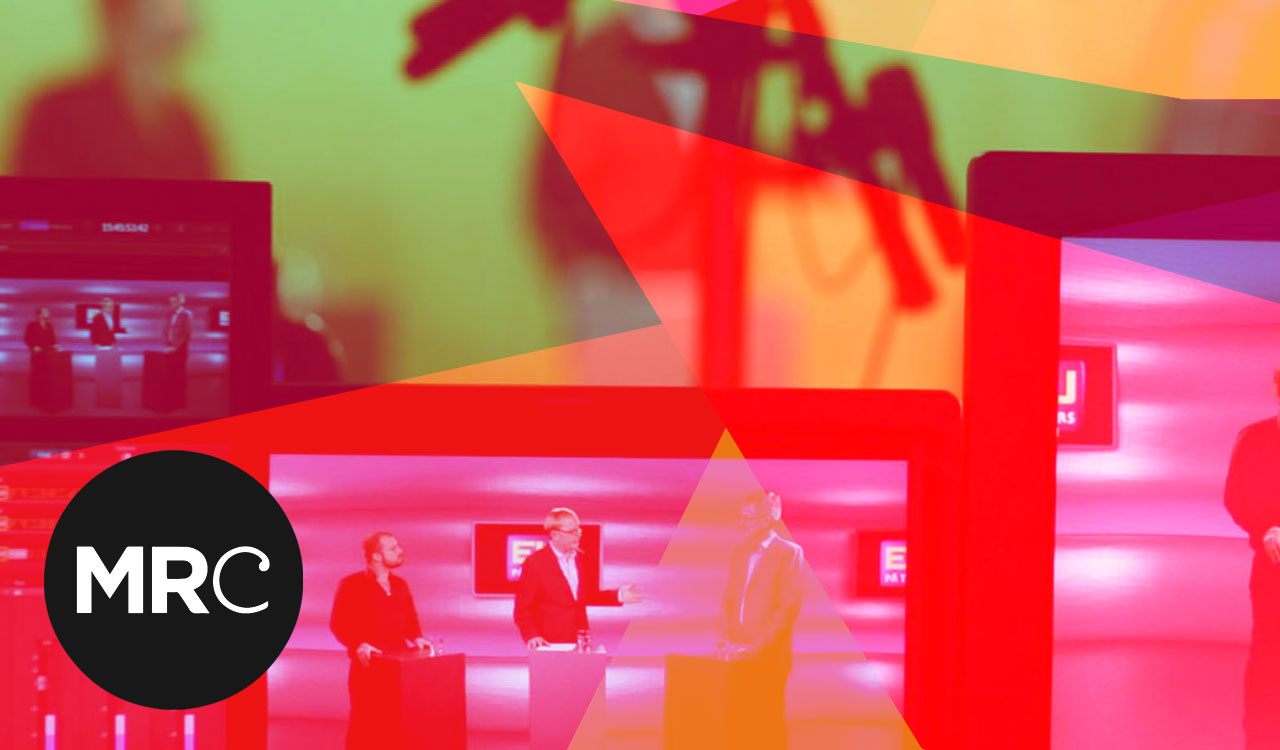As the verdicts are returned, Granville Williams reflects on what has been described as ‘the media trial of the century’.
After eight months of sensational revelations during the phone-hacking trial we have at least three devastating insights into the operations of the UK arm of a global media group, but also the revelations highlight broader policy concerns about what to do in the future to constrain the abuse of power demonstrated by Rupert Murdoch’s UK newspaper group.
The first insight is the complete failure of any kind of responsible or ethical corporate governance at the heart of the powerful News International group.
In the trial, we have to note the absence of one key player, James Murdoch, now ensconced in the USA and who, apparently, knew nothing about £1 million payments to buy silence over phone-hacking and other goings-on on his watch.
The big question is how far up the hierarchy of News Corp’s British papers did the culture of illegal activity extend? Rebekah Brooks and Andy Coulson denied any knowledge of the phone-hacking that was rife at The News of the World.
Brooks, who was found not guilty on conspiracy charges of hacking, corruption and perverting the course of justice, edited The News of the World from 2000 to 2003, then ran Britain’s best selling tabloid The Sun until 2009, before ending up as chief executive of all Murdoch’s British newspapers. Alongside Brooks in the dock was her former deputy, Andy Coulson, who was also close to Murdoch, and who succeeded her as editor of The News of the World in 2003. Three senior journalists at the News of the World trial with Brooks and Coulson had already pleaded guilty to hacking and face possible jail: The News of the World’s chief reporter, Neville Thurlbeck, Investigations Editor, Greg Miskiw and Assistant News Editor, James Weatherup. Private eye Glenn Mulcaire, who was jailed in 2007, has also pleaded guilty. What were the bosses on the paper doing if they didn’t know what their underlings were doing? Secondly we get a powerful insight into the dominant power of Murdoch’s media group, before the phone-hacking scandal blew up, over politicians, the Metropolitan Police and pretty much every nook and cranny of key UK institutions. Everyone, it seems, deferred to Murdoch and his hired hands. Harold Evans pointed out at the time of the Leveson Report: “Press ownership is an unresolved issue… I’m highly critical of the fact that it seems to accept the present level of media concentration, and the present level of media concentration is one of the reasons the phone-hacking scandal erupted. Why? Because the politicians were scared of News International and News International was scared of nobody.” A subservient, uncritical relationship between the UK political class and Murdoch and his executives has been revealed. How will David Cameron be able to erase the reports of the text messages to Rebekah Brookes (ending ‘LOL’), or Jeremy Hunt, then Culture Secretary, expunge the revelations of a trail of emails from his office desperately trying to clear the takeover of BSkyB by Murdoch? Thirdly, we get an insight into the depths to which journalists would go to get sensational stories. More than 1000 celebrities, politicians, sports stars, members of the Royal Household and victims of crime had their voicemails intercepted over a six-year period between 2000 and 2006. This isn’t over with the present verdicts. There is more to come. Another 15 senior News Corp journalists — mainly from The Sun — also face charges of paying public officials, and others from The Sun, News of the World and Daily Mirror are still on bail. But the broader policy issues also become more urgent after the trial. We have a newspaper industry regulatory body, IPSO, set up to thwart Leveson’s requirement for independent regulation. And the issue of media ownership, which Harold Evans referred to above, seems to have been pushed to the margins. One glaring lesson from the trial was that industry self-regulation by the Press Complaints Commission failed abysmally to restrain the phone-hacking excesses. Another is that politicians for over three decades secured Murdoch’s support, but democracy suffered as politicians bowed to Murdoch’s media power. We urgently need clear rules on media ownership at a UK and European level to prevent such excesses again. Originally published by the Media Initiative and republished with kind permission.BREAKING: Jury find Brooks NOT Guilty on all counts at Hacking Trial: Coulson guilty on Count One.
— Peter Jukes (@peterjukes) June 24, 2014



